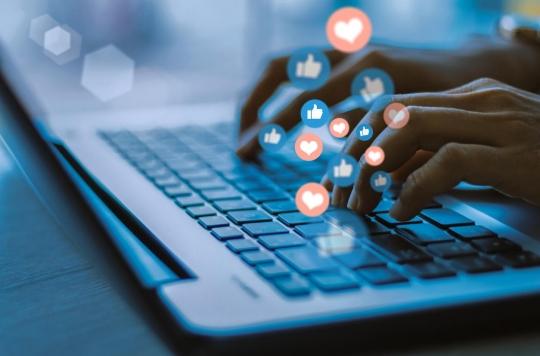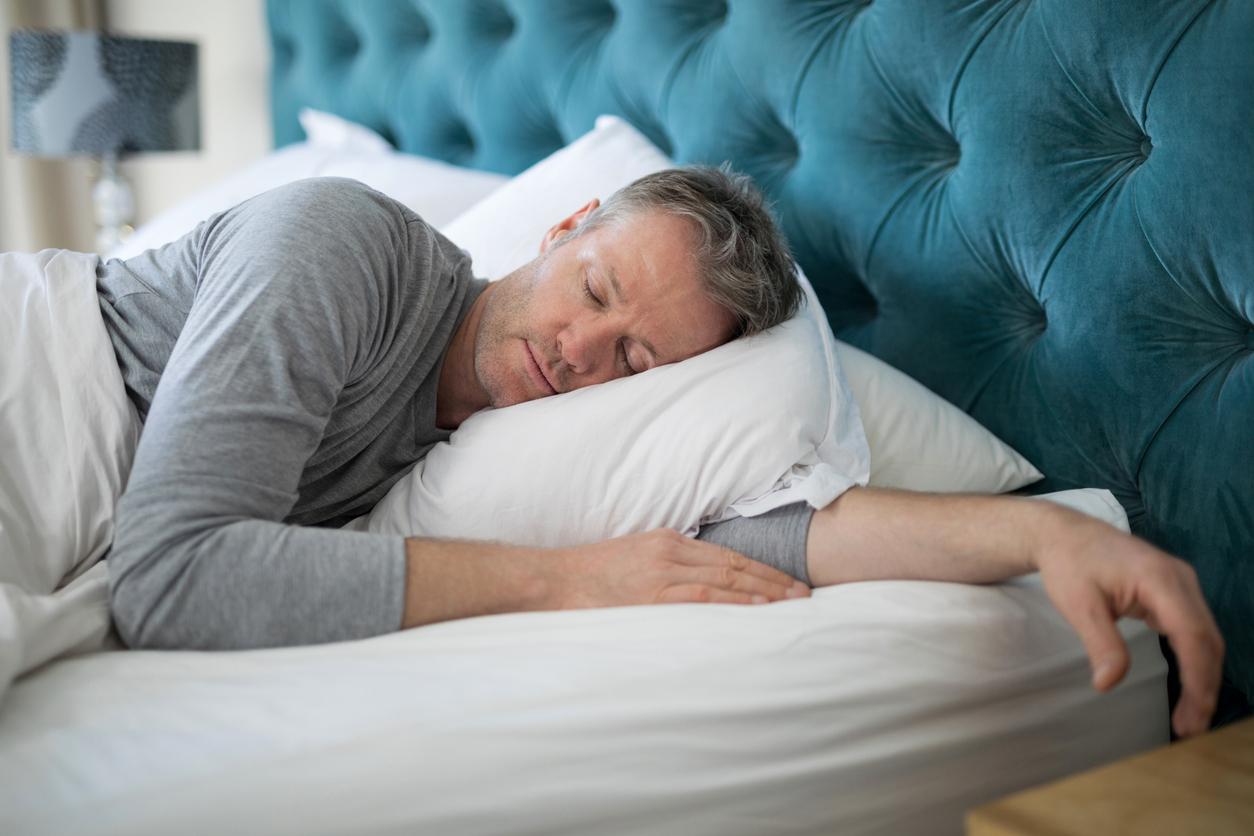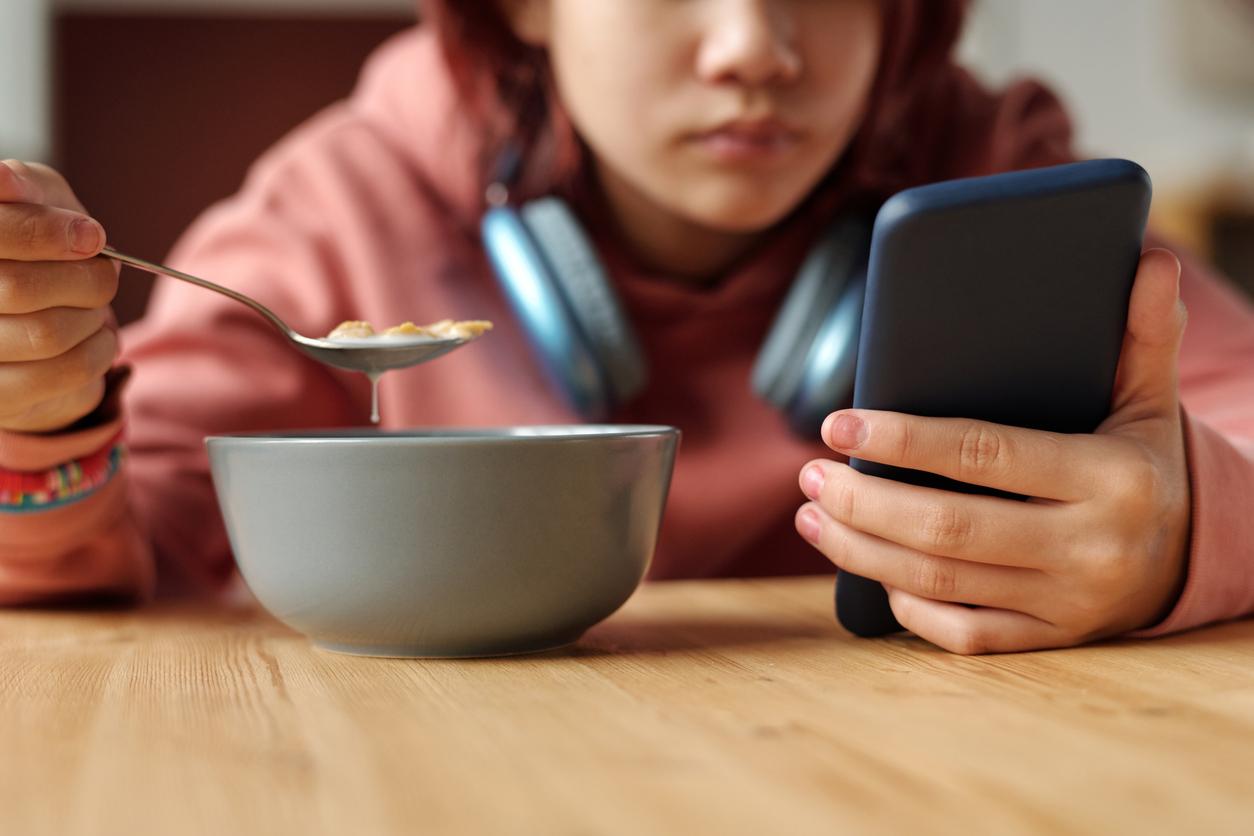To preserve the mental health of its users, Facebook and Instagram will give them the possibility of deactivating the “like” on the contents of their thread and under their posts. Is it a good idea ? The response of the experts is measured.

- The social networks Instagram and Facebook are planning a new feature for users: they will soon be able to deactivate “likes” on the content of their feed and under their own publications.
- Presented as a way to fight against social comparison between users, and thus preserve their mental health, its effect will undoubtedly be limited, say the experts.
- This feature comes as many studies have shed light on the deleterious effects of social media on the mental health of adolescents, who are more sensitive to social comparison.
In a few weeks, Facebook and Instagram users will have the choice: to hide the number of “likes” (“likes”) under all the content that appears on their feed. They will also be able to suspend the “like” under their own publications. The stated objective of this measure: to “depressurize” the experiences of people on its platforms by making less tenacious the social comparison to which young people indulge on social networks. Because this need to be subject to the positive judgment of others can have a strong impact on their mental health if they do not obtain validation from their peers.
But will this new feature on Facebook be a game-changer? While many studies have highlighted the deleterious effects of social networks on the psychological well-being of its users, and in particular adolescents, experts are more measured about the potential effects of these hidden “likes”.
An easy measure to circumvent
Asked by the washington postSophia Choukas-Bradley, assistant professor of psychological and brain sciences at the University of Delaware believes that it “this may be a step in the right direction for some people, but I don’t believe it will be a major transformative change”.
Same opinion from Jeff Hancock, founding director of the Stanford Social Media Lab, who believes that this measure will probably not “a huge impact on mental health” young Facebook users. And for good reason: it is simply an “option” to check and uncheck, and therefore easy to circumvent. Especially since the default settings of the platforms will always publicly display the number of likes. “We know that the default settings are very powerful, and many users may not take the time to modify their settings and make the change”, says Professor Hancock. Additionally, even with the new option enabled, users will be able to easily check the total number of likes on their own posts. “Teenagers will definitely take the plunge”underlines Professor Choukas-Bradley.
Social networks, harmful for teenagers
Because the problem is not so much to be able to hide or reveal the “like” as one pleases, but to participate without sometimes even wanting it in a frantic quest for social validation. It is the latter that worries many experts: in order to be “validated” by their peers and therefore “loved” by them, adolescents expose themselves to a watered-down vision of reality, their environment and those around them, and n do not necessarily have the keys to be able to thwart these pretenses.
In 2018, a study published in the journal Body Image showed that photographs posted on social networks have a negative effect on the self-confidence and body perception of young women who consult them assiduously, comment on them and “like” them. This social pressure to be “liked” virtually can thus lead them to develop eating disorders and have a lasting effect on their self-esteem or their way of apprehending their body image. “When we compare ourselves to other people, it can have an impact on the evaluation that we make of ourselves, estimated then Jennifer Mills, lead author, who warned against the eating disorders that can cause social networks.
Another 2019 study proved him right, showing that among 996 teenagers, 51.7% of girls and 45% of boys suffered from eating disorders. They tended to skip meals and exercise excessively to lose or avoid weight gain. Instagram and Snapchat users seemed to be the most affected.
Too much use of social networks like Facebook or Instagram can also increase the risk of depression, which led experts to publish in 2019 an open letter in The Lancetto urge depressed people to move away from social networks to favor real social interactions.
Turn away from the tyranny of the “like”
If we do not leave social networks definitively, it is however essential to “show the world that you are not indebted to ‘likes’ by hiding them”explains Professor Hancock. “Users should hide ‘likes’ on their own and others’ posts”, adds Professor Choukas-Bradley. Especially if they constantly think about it and are afraid of not receiving enough from their publications, if they compare themselves to others or if they spend too much time on social networks.

.
















